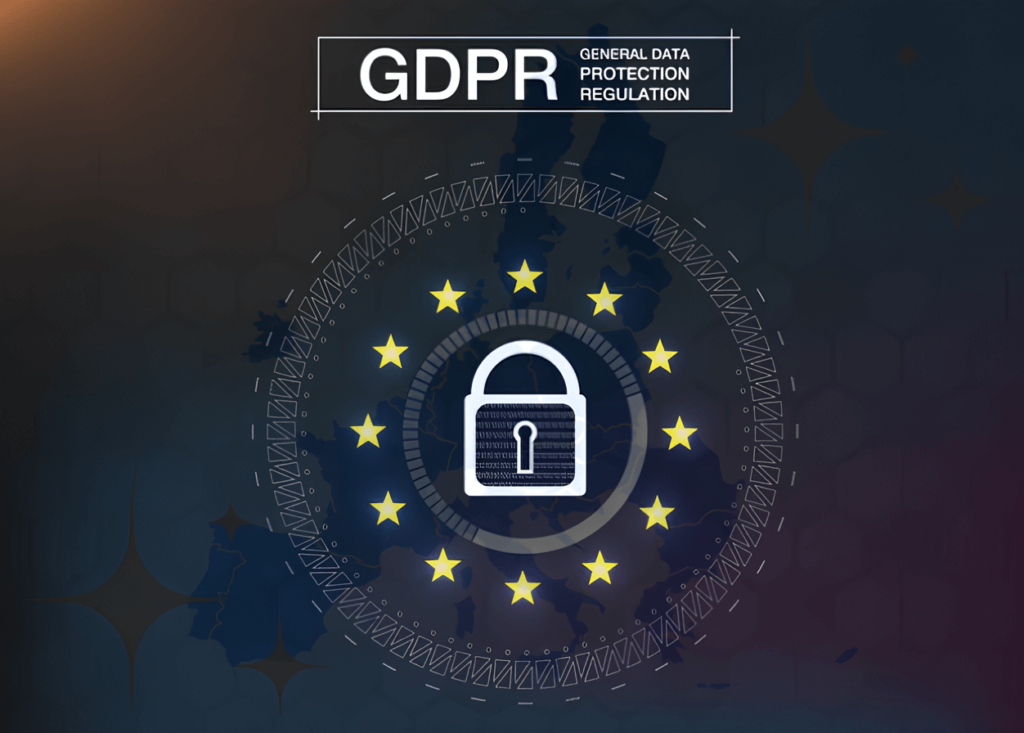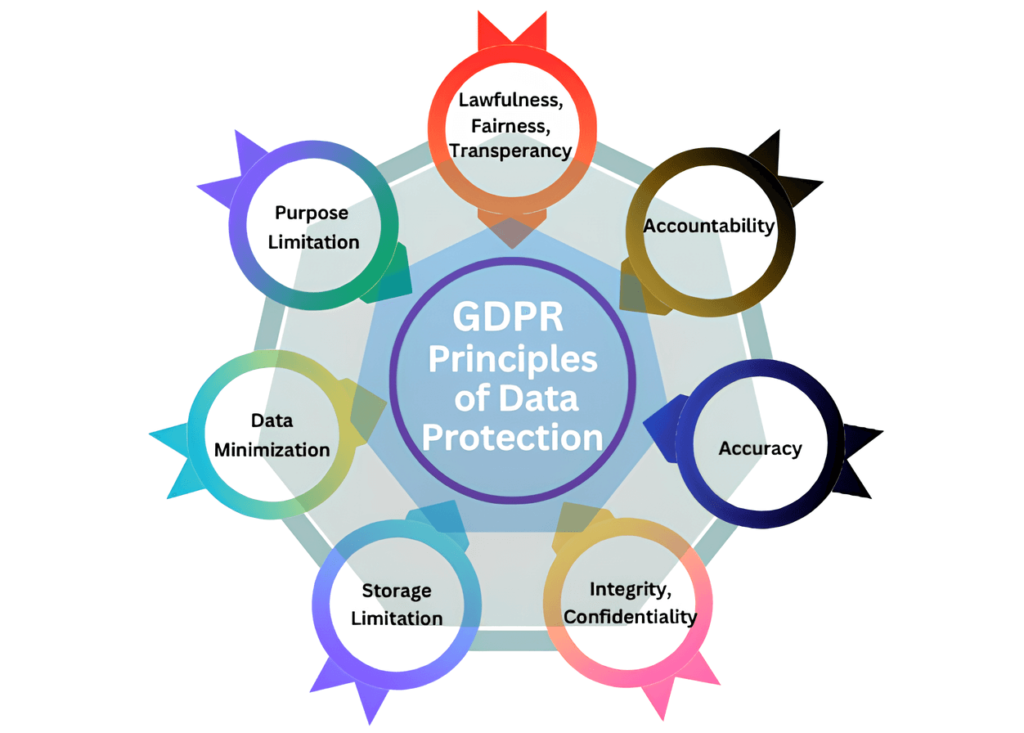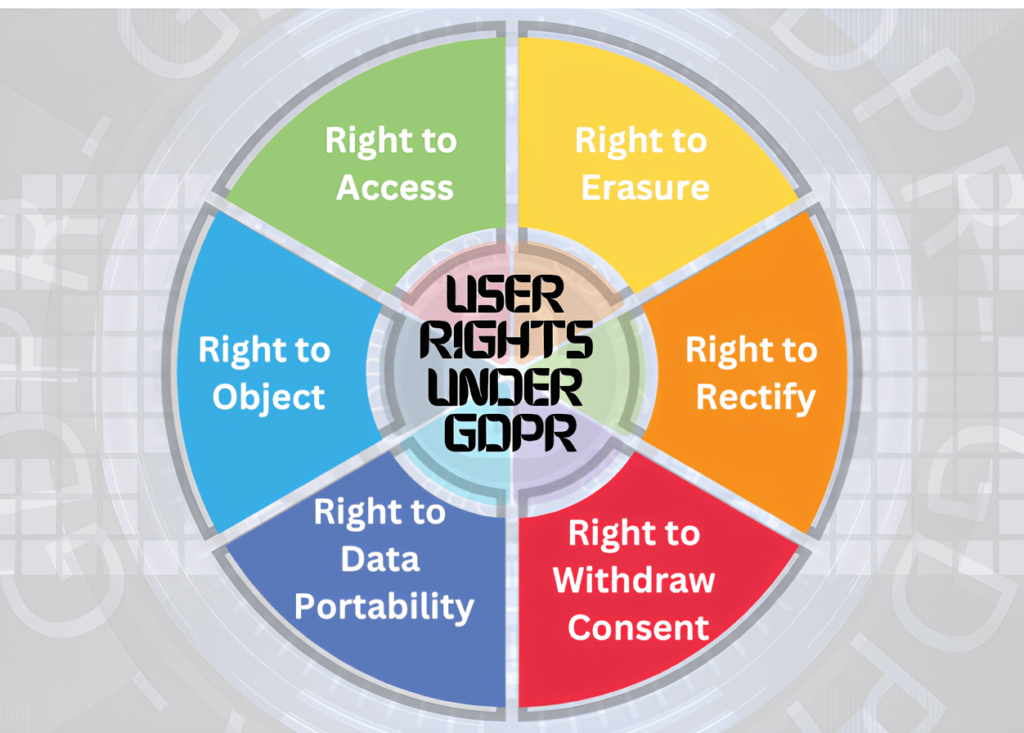In today’s digital world, the importance of protecting data is greater than ever before. Organizations worldwide are collecting and processing more personal data than ever, prompting the implementation of stringent regulations to safeguard individuals’ rights. The General Data Protection Regulation (GDPR) has set a global benchmark for protecting personal data. Whether you are an individual, a business, or a cybersecurity enthusiast, understanding GDPR is essential.
What is GDPR?
In May 2018, the European Union (EU) introduced a legal framework for personal data protection called General Data Protection Regulation (GDPR). Specifically, it governs the collection, storage, and processing of personal data of EU citizens by organizations. Its goal is to give individuals greater control over their personal information while ensuring businesses handle data responsibly.
Even if your business is not based in the EU, GDPR applies if you deal with EU customers. This makes it crucial for companies worldwide to comply.
Why is GDPR Important?
Data breaches and misuse of personal data have become common. GDPR provides a shield against these threats by enforcing strict rules for data protection. Here’s why it matters:
- Protecting Individuals: GDPR gives people control over their data, ensuring privacy and security.
- Enhancing Trust: Organizations that comply show they value customers’ privacy, building trust.
- Avoiding Fines: Non-compliance can result in hefty penalties—up to €20 million or 4% of annual global revenue.
Key Principles of GDPR
GDPR is built on seven fundamental principles. These form the foundation of any organization’s compliance strategy:
- Lawfulness, Fairness, and Transparency: Personal data must be handled lawfully, fairly, and transparently.
- Purpose Limitation: The collection of data should be limited to the purpose for which it is collected and should not be used beyond that scope.
- Data Minimization: Collect only the data necessary for your stated purpose.
- Accuracy: Ensure personal data is accurate and updated.
- Storage Limitation: Don’t keep personal data longer than necessary.
- Integrity and Confidentiality: Protect data with strong security measures.
- Accountability: Maintain compliance with data processing policies and be responsible for data handling.
How to Ensure GDPR Compliance
The process of complying with regulations may seem difficult, but breaking it down into steps can simplify it:
Conduct a Data Audit:
Identify the types of data your organization collects, where it’s stored, and how it’s used.
Update Privacy Policies:
Ensure your privacy policy is clear, concise, and GDPR-compliant.
Data Protection Officer (DPO):
In order to oversee data protection activities, a DPO can be appointed if necessary.
Data Mapping:
Identify and create a detailed inventory of personal data processed by the organization.
Secure Data with Strong Measures:
Data should be encrypted, access controlled, and regularly assessed for vulnerabilities.
Implement Data Subject Rights:
Be ready to address requests like:
- Access Requests: Individuals can ask what data you hold on them.
- Right to Erasure: It is also known as the “right to be forgotten.” Individuals have the right to request that their personal data be erased.
- Objection Right: Every individual is entitled to object on grounds relevant to their particular situation, at any time.
- Right to Rectification: Individuals have the right to obtain the rectification of inaccurate personal data concerning them.
- Data Portability: There is a portable data format that users can request for their data.
- Right to Withdraw Consent: Individuals have the right to withdraw consent at any time where processing is based on consent.
Employee Training:
Maintain a regular training program on data protection principles and practices for your employees.
GDPR and Cybersecurity
Cybersecurity plays a critical role in GDPR compliance. Without strong security measures, organizations risk data breaches and hefty fines. Here are a few cybersecurity practices aligned with GDPR:
- Regular Penetration Testing: Be proactive about spotting vulnerabilities before attackers take advantage of them.
- Access Control: Maintain a strict limit on the number of people who can access data.
- Data Encryption: Ensure sensitive information is encrypted both when it is at rest and when being transmitted.
- Incident Response Plan: Prepare to act quickly in case of a breach.
FAQs About GDPR
Q: Does GDPR Apply Outside the EU?
Ans: Yes, if you process data of EU citizens, GDPR applies regardless of where your business is located.
Q: What Happens if I Don’t Comply?
Ans: Non-compliance can result in fines, legal action, and reputational damage.
Q: What is Personal Data?
Ans: Personal data includes any information that identifies an individual, such as names, email addresses, or IP addresses.
GDPR Compliance Readiness
GDPR is more than just a regulation—it’s a step toward a more secure and transparent digital environment. For businesses, compliance isn’t optional but an opportunity to enhance trust, security, and efficiency. By understanding the key principles, rights, and obligations, organizations can effectively navigate the regulatory landscape and protect the privacy of individuals.
At Apprise Cyber, we specialize in helping organizations achieve GDPR Compliance Readiness through expert guidance and robust cybersecurity measures. Contact us today to secure your path to compliance!






